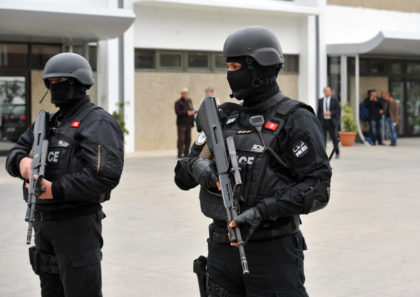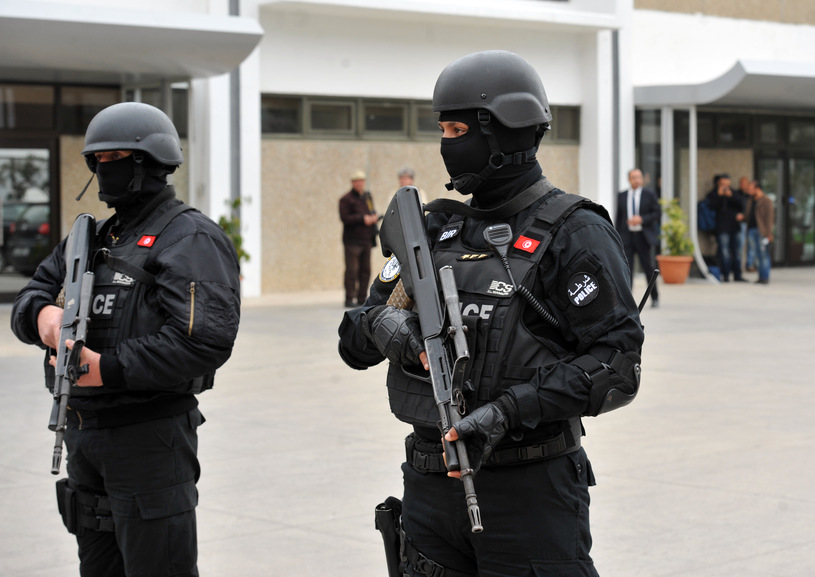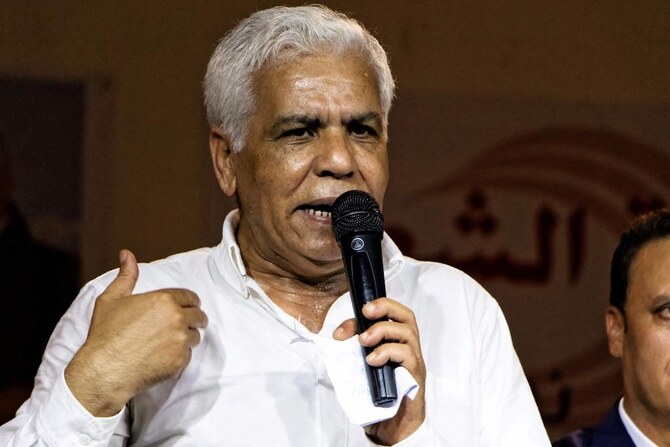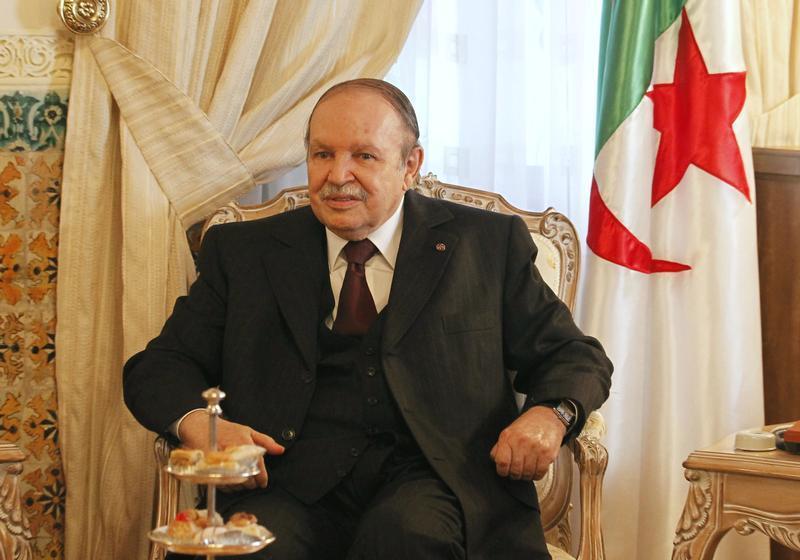 Cutting US military aid to Tunisia is a “misguided and dangerous” decision representing a stark departure with the US President’s plan to “demolish and destroy” the Islamic State (ISIS), said Sarah Yerkes of the Carnegie Endowment for International Peace in an opinion piece on The Hill.
Cutting US military aid to Tunisia is a “misguided and dangerous” decision representing a stark departure with the US President’s plan to “demolish and destroy” the Islamic State (ISIS), said Sarah Yerkes of the Carnegie Endowment for International Peace in an opinion piece on The Hill.
The article criticizes Trump’s budget blueprint released on May 23 providing for slashing security assistance to vulnerable countries, including Tunisia and Lebanon, by more than 80% compared with fiscal year 2016. It also pushes for replacing military aid with loans.
“The proposed cut is one of the more troubling aspects of Trump’s foreign aid budget, which decreases bilateral aid to Tunisia by 67 percent. The proposal would zero out the foreign military financing account by switching Tunisia’s military assistance package from a grant to a loan,” said Yerkes.
The author recalls that American and European military aid was instrumental in arming and boosting the capacities of Tunisia’s security services in countering the jihadist threat emanating notably from the chaos in Libya in the wake of the turmoil of 2011. “This support has allowed Tunisia to build a partial border wall with Libya to prevent smuggling of goods and people. And in 2015, the U.S. designated Tunisia a Major Non-NATO Ally — only the 16th country worldwide to receive such a designation— that was meant to bolster the American-Tunisian security partnership,” she recalled.
Yerkes noted that Tunisia is on the front line with ISIS in Libya and Al Qaeda affiliates in Algeria, adding that aid should be maintained to help Tunisia face the threat of its own foreign fighters within the ranks of ISIS in the Middle East. “Tunisians make up one of the largest contingents of foreign fighters assisting ISIS in Iraq and Syria. And the country is currently struggling with how to handle hundreds of those fighters as they return home,” the author explains.
The author made the case for keeping U.S. military aid to Tunisia saying that the country’s stability is key to U.S. interests in the region and the stability of U.S. allies in North Africa and Europe. At the same time, she pointed to the comments by General Thomas Waldhauser, commander of the military Africa Command (AFRICOM), who recently testified before the Senate that instability in North Africa “may be the most significant near-term threat to U.S. and allies’ interests” in Africa and “ISIS-Libya remains a regional threat with intent to target U.S. persons and interests.”
Tunisia, a bulwark against ISIS in Libya, may not be able to afford the U.S. term loans and may be forced to seek military assistance from U.S. rivals such as Russia, said Yerkes.
the author concludes her article saying that “turning our back on Tunisia now sends a terrible signal that defeating and destroying ISIS is a priority — as long as someone else is paying the bills.”



